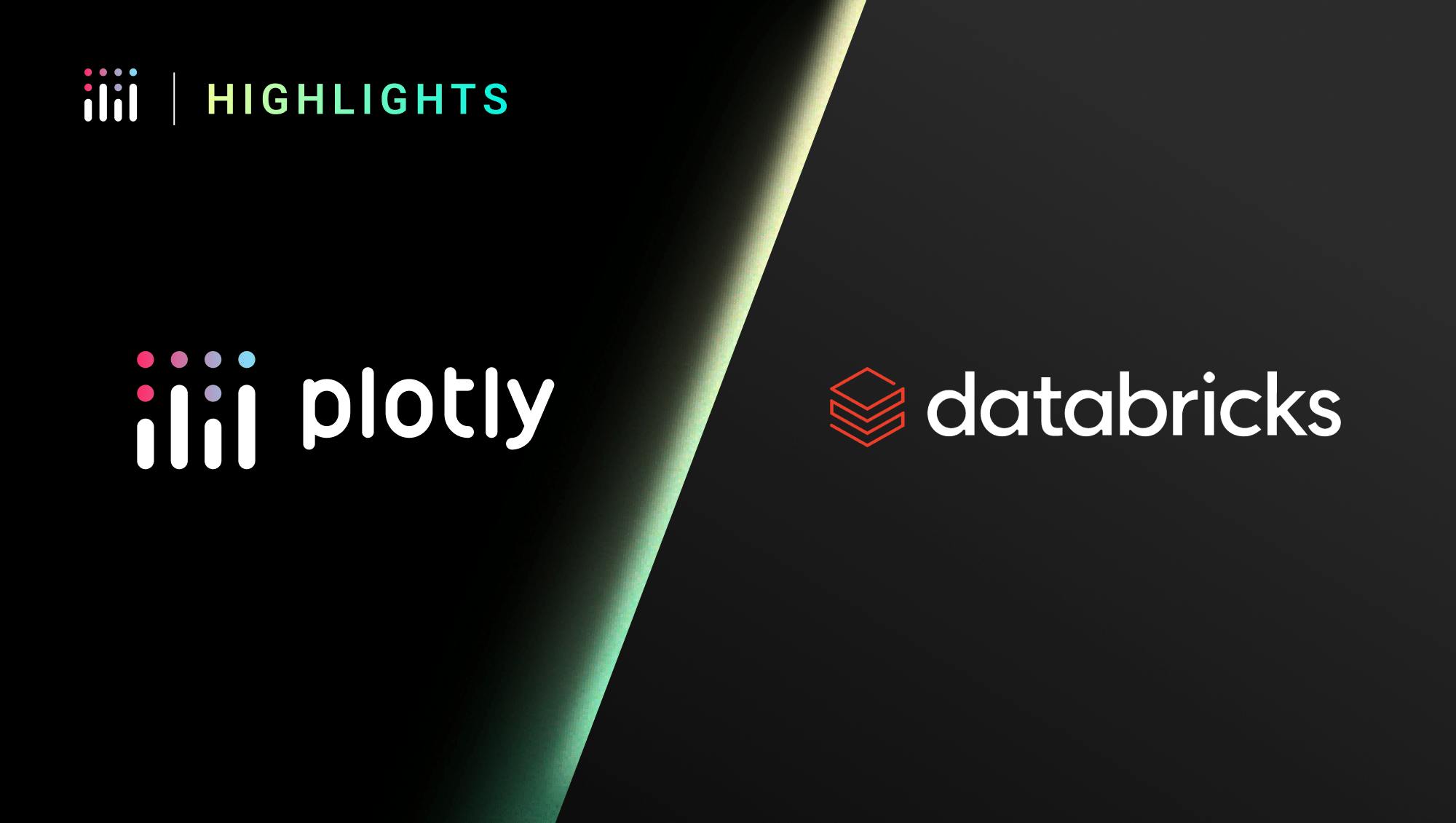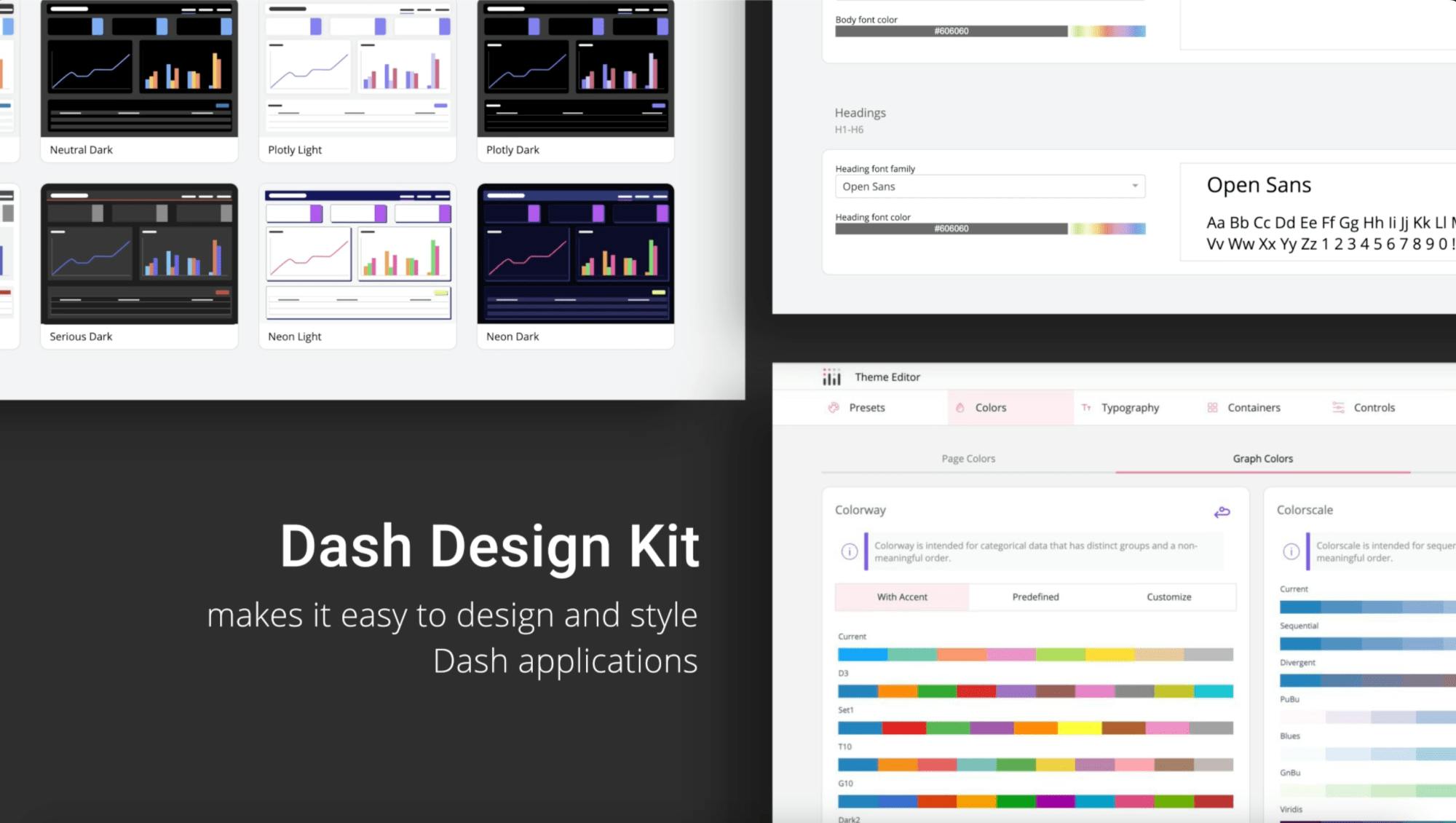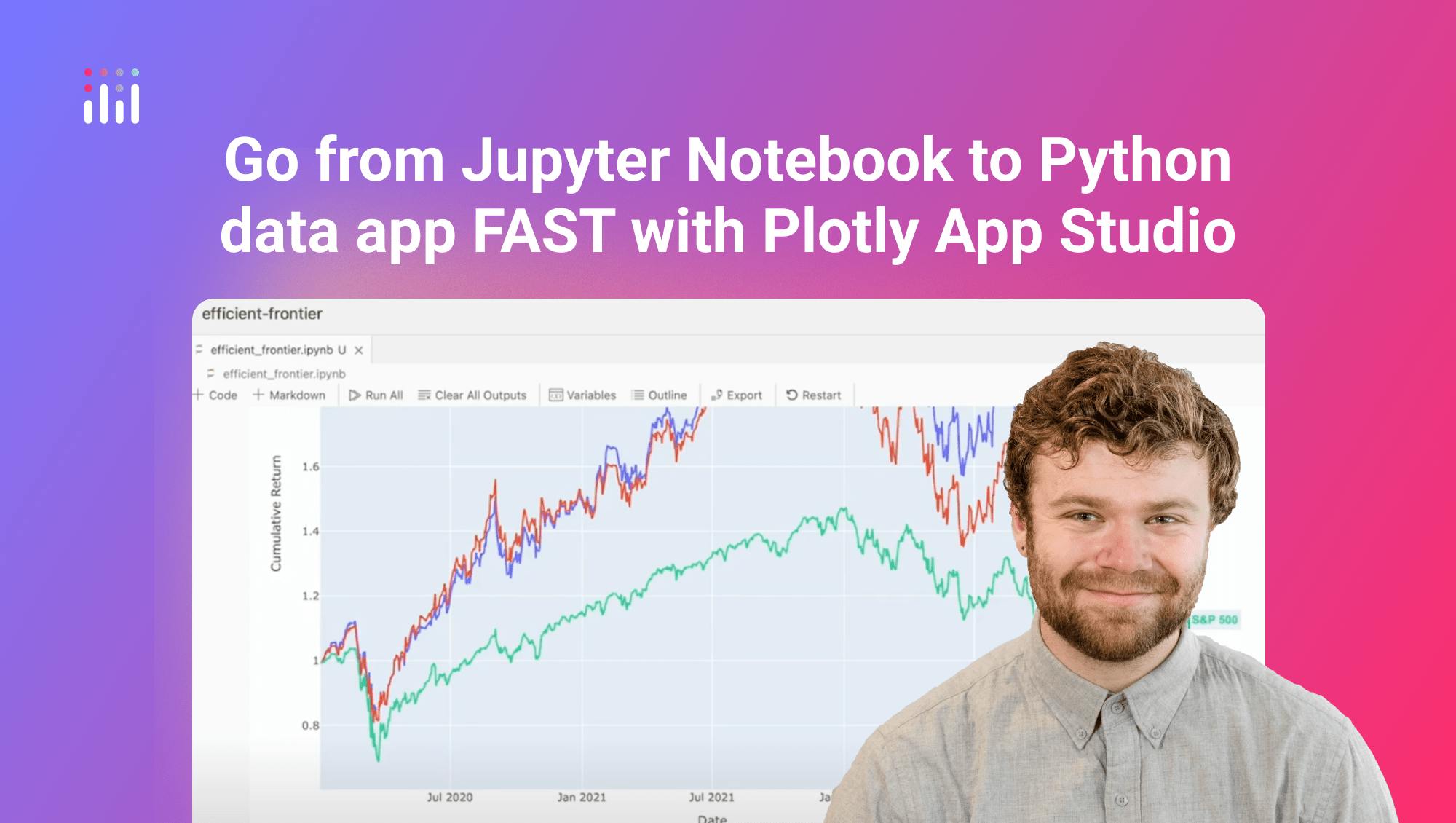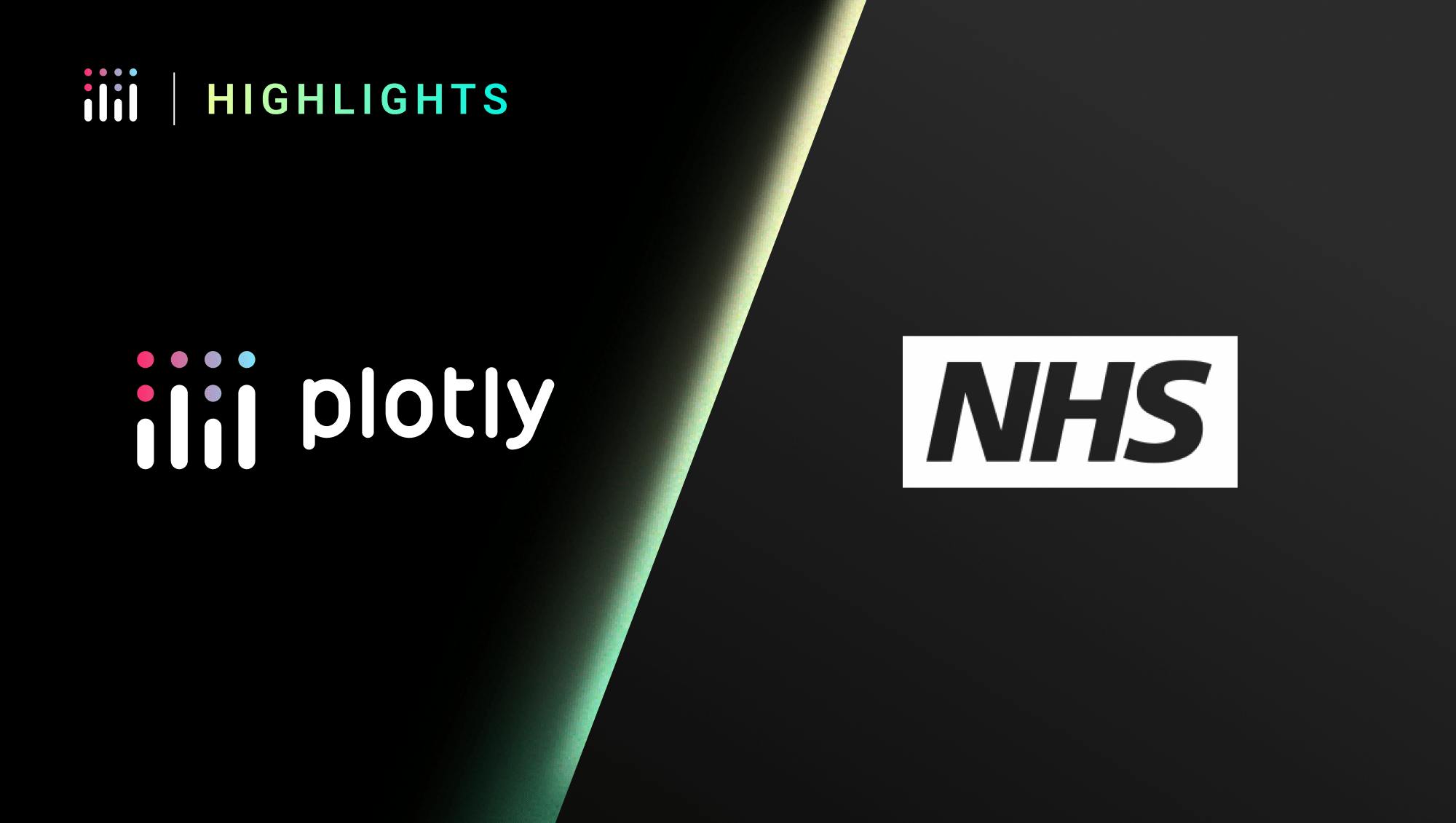The next generation of AI data apps

Meet the Speakers

Chris Parmer
Chris Parmer is the Chief Product Officer at Plotly and the Co-Founder of the Dash data app framework.

Adam Schroeder
Adam Schroeder is a Community Manager at Plotly.

Cees Kaandorp
Cees Kaandorp is a winner of the DBRX App Challenge and a Plotly community member.
Large language models are reshaping how data apps are built and used. Dash Enterprise and open source Dash make it possible for data teams to harness these models without needing web development expertise. Plotly’s platform is already compatible with most LLMs thanks to its open documentation and Python-first approach.
AI, particularly LLMs, is lowering the barrier for new users to build analytics apps while enabling experienced teams to explore new interfaces like chat, summarization, and question answering. Plotly data apps are now frequently built around unstructured data sources like PDFs, customer reviews, and support tickets.
- Dash is well suited for building LLM-powered interfaces
- Teams can build apps around summarization, search, and interactive generation
- All done in Python with no need for additional web dev support
For production use, Dash Enterprise wraps the open source Dash framework with tools for collaboration, deployment, and customization. App Studio, a notebook-to-app builder, streamlines development. Application services support scheduling, caching, and observability with systems like Prometheus and Grafana. Dash Enterprise also integrates with enterprise SSO, CI/CD, and security standards.
- App Studio accelerates development from notebooks
- Includes design tools, reporting, and code exports
- Supports job scheduling, data caching, and system monitoring
- Enterprise integrations enable secure, scalable deployment
Watch the video to follow along and see how Dash Enterprise helps teams build and scale AI-powered data apps.


